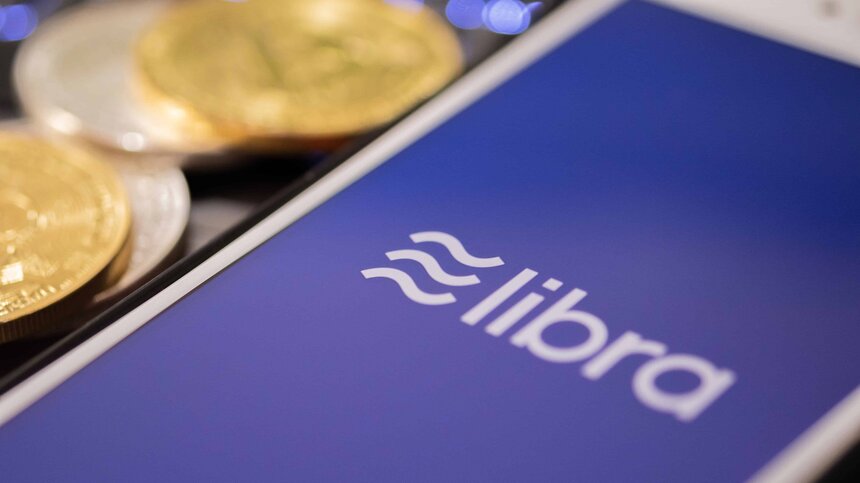Is Facebook's Libra Coin a Game Changer? Users and Regulators Will Tell

My younger son graduated from high school last week. His friends from earlier walks of life high-fived him on Instagram. Cousins across two continents sent virtual hugs through their WhatsApp chat group. His mother juxtaposed a baby and a graduation picture on Facebook to celebrate the milestone—it got more than 200 “loves”, “likes”, and “oohs and aahs.” Had there been a digital token to send him a monetary gift, he would have made out like a bandit, in particular from the education-minded South Asian side of the family.
It’s not difficult to see powerful and popular use cases for easy and cheap electronic money transfer embedded in social media or other tech platforms. This is particularly true in emerging markets, where the traditional financial infrastructure is often underdeveloped, patchy, and costly. In frontier economies such as Bangladesh or Myanmar, Facebook and WhatsApp are synonymous with the internet. Small businesses have hacked the platforms for advertising and customer acquisition. An embedded payment functionality would be tremendously helpful to them. Migrants workers across the globe stay in touch with their families back home via social media and internet video chats. Annual remittances to emerging markets are $530 billion at still an average cost of 7 percent per the World Bank. A trusted, stable peer-to-peer payment mechanism could capture this market in short order.
No wonder Facebook has decided to give it a try with Libra. Initially, Facebook seems to have calibrated their two-pronged approach as well as they could against the many legitimate concerns—such as data privacy or the market power of tech platform. In prong one, they have pulled together an initial consortium of largely American players to jointly develop and govern the underlying, open-source, blockchain technology that doesn’t reinvent the wheel. None of the founding members are supposed to have a dominant voice, others players are invited to join. Coins will be backed 1-to-1 by reserve assets and, thus, be a stable means of exchange. Cryptocurrency purists will bemoan that Libra doesn’t provide true permission-less ledger access. I don’t think users will care if it is shown to work.
As a second prong, Facebook is building its own digital wallet on top of the coin, Calibra, presumably governed by the existing KYC and other financial regulatory requirements applicable to all providers in the jurisdictions their individual users live. Wallet users could then hold Libra balances and send digital value globally to friends, family, and businesses partners. Other payment providers could and would offer Libra wallets as well.
In the 21st century, social media and other digital platforms, which are deeply embedded in our daily lives, are the natural owners of transactional finance, not banks who have historically facilitated and settled payments. It is not hard to reimagine a better financial system, where transactional finance has utility characteristics and is regulated differently from strategic finance—where true financial risk intermediation occurs and regulators want to ensure different levels of control and capital adequacy.
The underlying Libra coin initiative, digital wallets that leverage the coin, and the large, existing user base on social media and other digital platforms could come together to be real game changers. The challenges, however, are real. Financial regulators, in particular overseas, might not allow it for fear of money laundering or losing control over the issuance of national, fiat currency. Financial industry incumbents are likely to lobby against it. Consumers might not trust it, in particular if there are early, high-profile data or privacy breaches.
But Facebook and its partners might well have forced the digital world to wrestle with the notion of a different industry structure for transactional finance. On the other side of the world, Ant Financial and WePay in China have already shown that such a different structure is a distinct possibility.
(For more insights from Tilman Ehrbeck, follow on Twitter and Medium.)